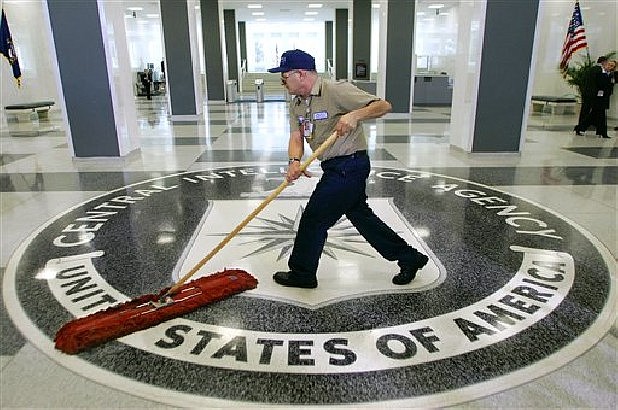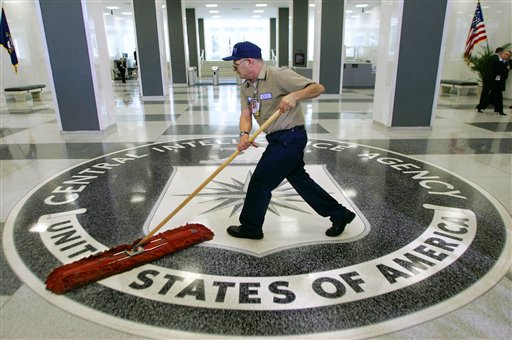Read more Senate probe catalogs brutality against detainees
Releasing a partisan review of the torture of prisoners held by the Central Intelligence Agency more than a decade ago seems like the last act of a desperate Senate.
As the year comes to a close, the Democrats who presided over Congress as the country fell into the Great Recession, spent money recklessly in the first two years of the Obama administration and gave the country the Obamacare it didn't want are about to go out of power.
Americans in the midterm elections of 2010 and 2014 spoke loudly with their votes, and now both houses of Congress will be in different hands for the next two years.
As a parting shot, and in spite of the fact the report is partisan, has had much of its information leaked and despite warnings from Secretary of State -- a former member of the Senate -- John Kerry, Democrats on the Senate Intelligence Committee released on Tuesday an executive summary of the interrogation program created by the CIA to question al-Quaida suspects following the Sept. 11, 2001, terrorist attacks.
Republicans on the panel did not sign off on its contents.
That CIA operatives used enhanced interrogation methods with suspects is already known and well documented and was done at the behest of a bipartisan Congress that wanted no stone unturned in the effort to find those responsible for the attacks.
Whether those methods could be classified as torture, whether they were legal and whether they worked depends on the partisan groups doing the classifying and the media they get behind them.
Members of the current Democratic administration and the partisan Senate panel call the methods torture, and members of the previous Republican administration say they were not. Similarly, members of the Bush administration believe they were within their rights, had the backing of the Justice Department and had the support of the fully briefed congressional leadership of both parties to take the actions they took, while the partisan summary says the techniques were illegal.
And where the summary alleges the interrogations methods did not produce unique and life-saving intelligence, some members of the Obama administration have said those very methods helped track down 9/11 mastermind Osama bin Laden.
Indeed, "it is inconceivable to believe that three different CIA directors, and three different Deputy CIA directors, conspired over a seven-year period to lie about the program's effectiveness," said former CIA Director Michael Hayden.
So what's to be gained? We already know what could be lost.
A partisan, inflammatory report could incite attacks on U.S. targets around the world, be a recruiting tool for the country's enemies, and cause less intelligence to come the country's way in an era when it is dealing with ISIS in Iraq, handing off military combat operations in Afghanistan and trying to whack-a-mole terrorist uprisings in other countries.
Lisa Ruth, a former CIA analyst, told Newsmax the release of classified information could cause actions similar to when U.S. intelligence sources in Afghanistan were murdered following the mass release of secret U.S. diplomatic cables by Julian Assange and WikiLeaks.
"This is not speculation," she said. "The Taliban took the information from WikiLeaks, arrested these men, took them, beheaded them and killed them on the spot."
Senate members in favor of the release of the report couldn't say effectively what might be gained.
Independent Angus King of Maine, who caucuses with Democrats, weakly offered that it could persuade future presidents not to use the techniques.
Democrat Claire McCaskill of Missouri oddly suggested "the report would never happen in North Korea or China or Russia." The problem with that is that a partisan, one-sided report would be exactly what would come from a totalitarian state.
Whatever happens with the release of the summary is, according to K.T. McFarland, who held national security posts in the Nixon, Ford and Reagan administrations, "a self-inflicted wound."
And that wound will be another the outgoing party will own, along with its part in the damage from the recession, from Obamacare, and from all of the reforms and regulations pushed through and written into law through executive order during the Obama administration.

